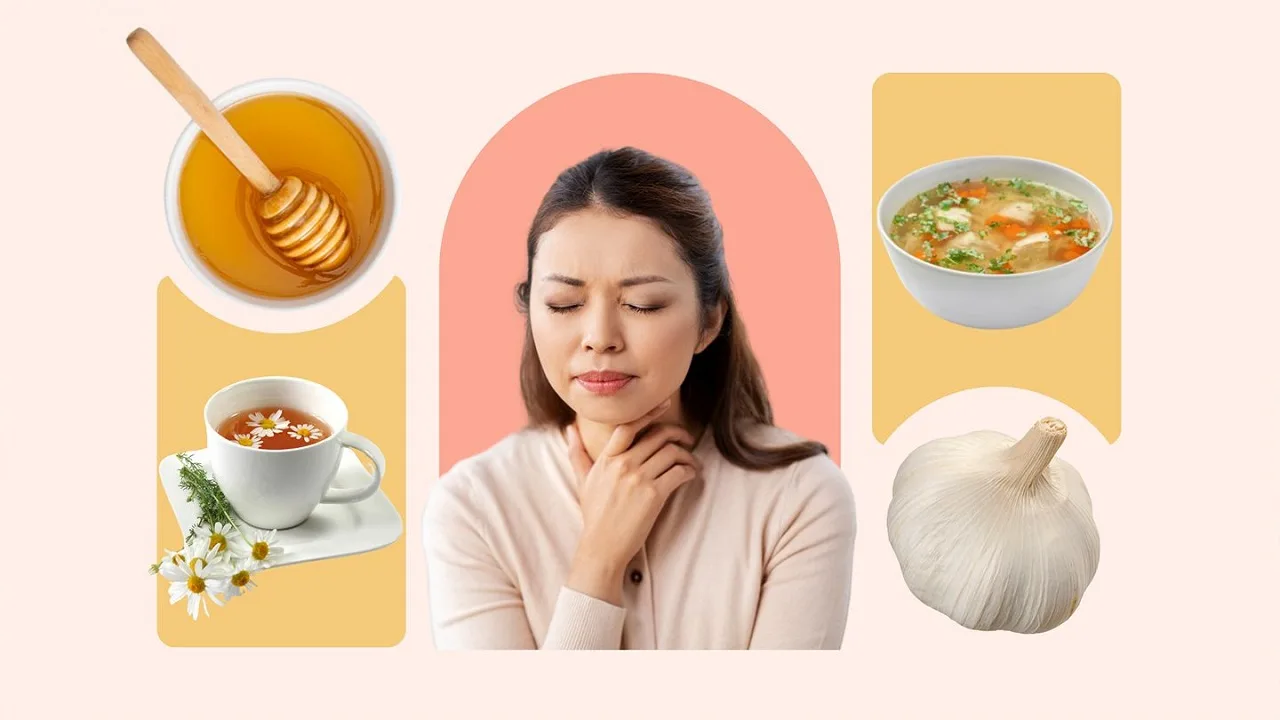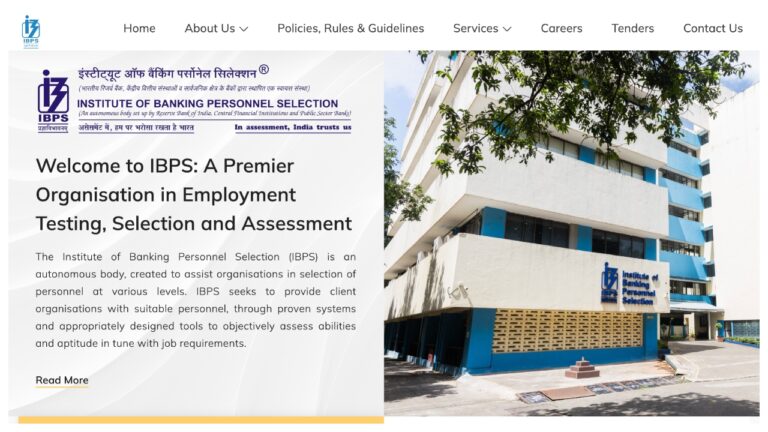Every day, many are faced with anxiety and stress. These feelings may seem uncontainable, but stress and anxiety can be managed naturally by a number of home remedies. Regular use of these treatments might increase mental clarity, calmness, and well-being.
1. Exercise Regularly
Of course, exercise is one of the top ways to reduce stress. Endorphins are the feel-good chemical released by the brain during exercise. As we all know, exercise reduces the stress hormone cortisol. Even just 20 minutes of brisk walking, cycling, or jogging help lift our moods instantly.
Moderate-intensity workouts should be part of your routine 3–5 times a week for about 30 minutes each time. Both Yoga and Tai Chi integrate mindfulness concepts with physical action, and the combined effect helps to ease stress.
2. Practice Deep Breathing
Taking deep breaths with the diaphragm activates the parasympathetic nervous system, which calms and decreases the stress-induced fight-or-flight response. This simple method employs slow, deep belly breaths (diaphragmatic breathing), which improves the supply of oxygen to the brain and makes it relax.
The 4-7-8 method which involves inhaling for a count of four holds it seven seconds and then exhales forcefully through the mouth, making a whoosh sound, as he breathes out for eight seconds is one of the most popular. Regular practice can reduce anxiety and boost stress management.
3. Herbal Teas and Natural Supplements
For centuries, herbal teas have soothed the spirit and soul. Natural anxiety relief will come from chamomile, lavender as well as green tea. Apigenin, an antioxidant present in chamomile, binds to certain brain receptors that may promote sleepiness and reduce stress.
Other supplements which can be used for anxiety include ashwagandha, L-theanine and valerian root. Ashwagandha: Boosts The Body’s Ability To Adapt To Stress and L-Theanine in Green tea is a relaxant, not a drowsiness.
4. Meditation and Mindfulness
Meditation Meditation is an ancient practice that helps you focus on the now and release mental chatter and worry. The practice of mindfulness meditation helps you identify the stress without fixating on it — allowing your thoughts and sensations to flow in non-judgmental awareness.
We recommend meditating for 5-10 minutes a day or focusing on your breath or your happy mantra. Over time, mental clarity & emotional regulation get better. For people who are just starting out, there are several apps and websites that offer guided meditation sessions.
5. Aromatherapy
Aromatherapy: Using essential oils to help unwind and relax from tension. Lavender oil has a calming effect, bergamot and ylang-ylang particularly help to relax. You may also immediately feel soothed and uplifted when you inhale essential oils, or even diffuse them.
You can also apply diluted essential oils on your wrists or temples during times of stress. Aromatherapy is a home relaxation method that may be simple but quite effective.
6. Maintain a Healthy Diet
Food might affect your mood. Eating plenty of whole grains, fruits, vegetables and lean meats may help the brain function. Omega-3-rich foods like salmon, flaxseeds, and walnuts reduce inflammation and are good for brain health.
Foods high in antioxidants such as dark chocolate, blueberries lessen anxiety-promoting oxidative stress. Some even claim that by eating natural foods, it can help reduce anxiety (bye-bye processed meals, sugar and caffeine).










